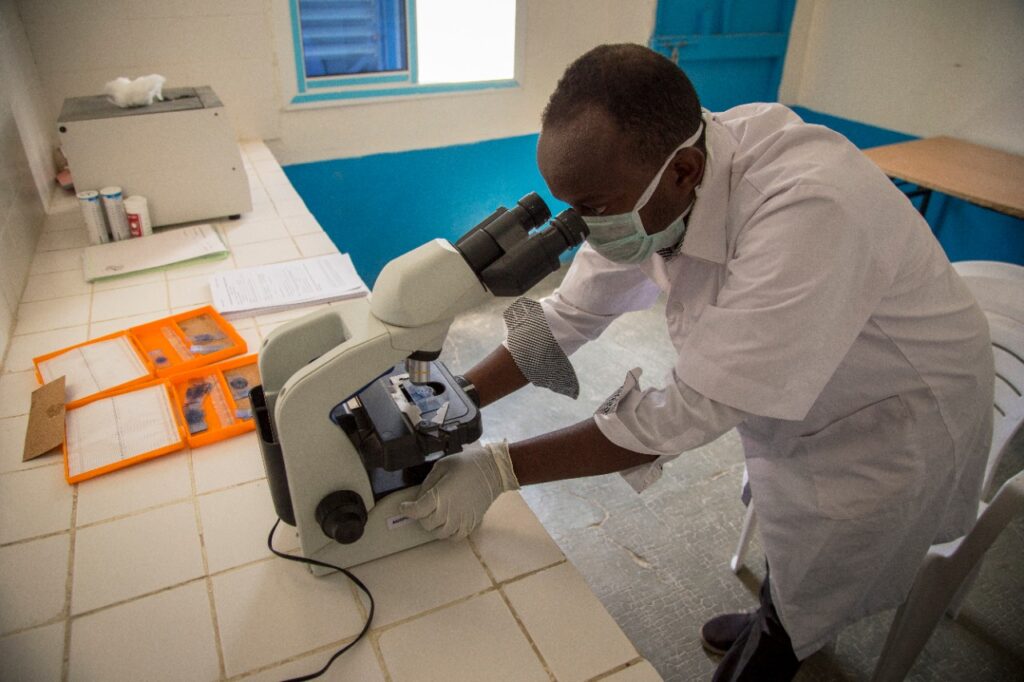FORUM OF ARAB PARLIAMENTARIANS ON POPULATION AND DEVELOPMENT
Good health and well-being

Goal 3: Good health and well-being
We have made huge strides in reducing child mortality, improving maternal health and fighting HIV/AIDS, malaria and other diseases. Since 1990, there has been an over 50 percent decline in preventable child deaths globally. Maternal mortality also fell by 45 percent worldwide. Between 2000 and 2013, over 6.2 million lives were saved from malaria and new HIV/AIDS infections fell by 30 percent.
Despite this incredible progress, more than 6 million children still die before their fifth birthday every year. 16,000 children die each day from preventable diseases such as measles and tuberculosis. Every day hundreds of women die during pregnancy or from child-birth related complications. In many rural areas, only 56 percent of births are attended by skilled professionals. AIDS is now the leading cause of death among teenagers in sub-Saharan Africa, a region still severely devastated by the HIV epidemic. These deaths can be avoided through prevention and treatment, education, immunization campaigns, and sexual and reproductive healthcare.
Average life expectancy in the Arab region increased from 58.5 years in 1980 to 70.6 years in 2015. In addition, child mortality in the Arab region has significantly decreased from an average of 131 per 1000 live births in 1980 to 36.8 per 1000 in 2015, due in part, to the progress that many Arab countries have made in increasing access to improved sanitation facilities from 66 percent in 1990 to 90 percent by 2015.
The Sustainable Development Goals make a bold commitment to end the epidemics of tuberculosis, malaria, AIDS and other communicable diseases by 2030. The aim is to achieve universal health coverage, and provide access to safe and affordable medicines and vaccines for all. Supporting research and development for vaccines is an essential part of this process as well.
Facts and figures
400 million
At least 400 million people have no basic healthcare, and 40 percent lack social protection.
1.6 billion
More than 1.6 billion people live in fragile settings where protracted crises, combined with weak national capacity to deliver basic health services, present a significant challenge to global health.
15 million
By the end of 2017, 21.7 million people living with HIV were receiving antiretroviral therapy. Yet more than 15 million people are still waiting for treatment.
2 seconds
Every 2 seconds someone aged 30 to 70 years dies prematurely from noncommunicable diseases – cardiovascular disease, chronic respiratory disease, diabetes or cancer.
7 million
7 million people die every year from exposure to fine particles in polluted air.
1 in 3
More than one of every three women have experienced either physical or sexual violence at some point in their life resulting in both short- and long-term consequences for their physical, mental, and sexual and reproductive health.
